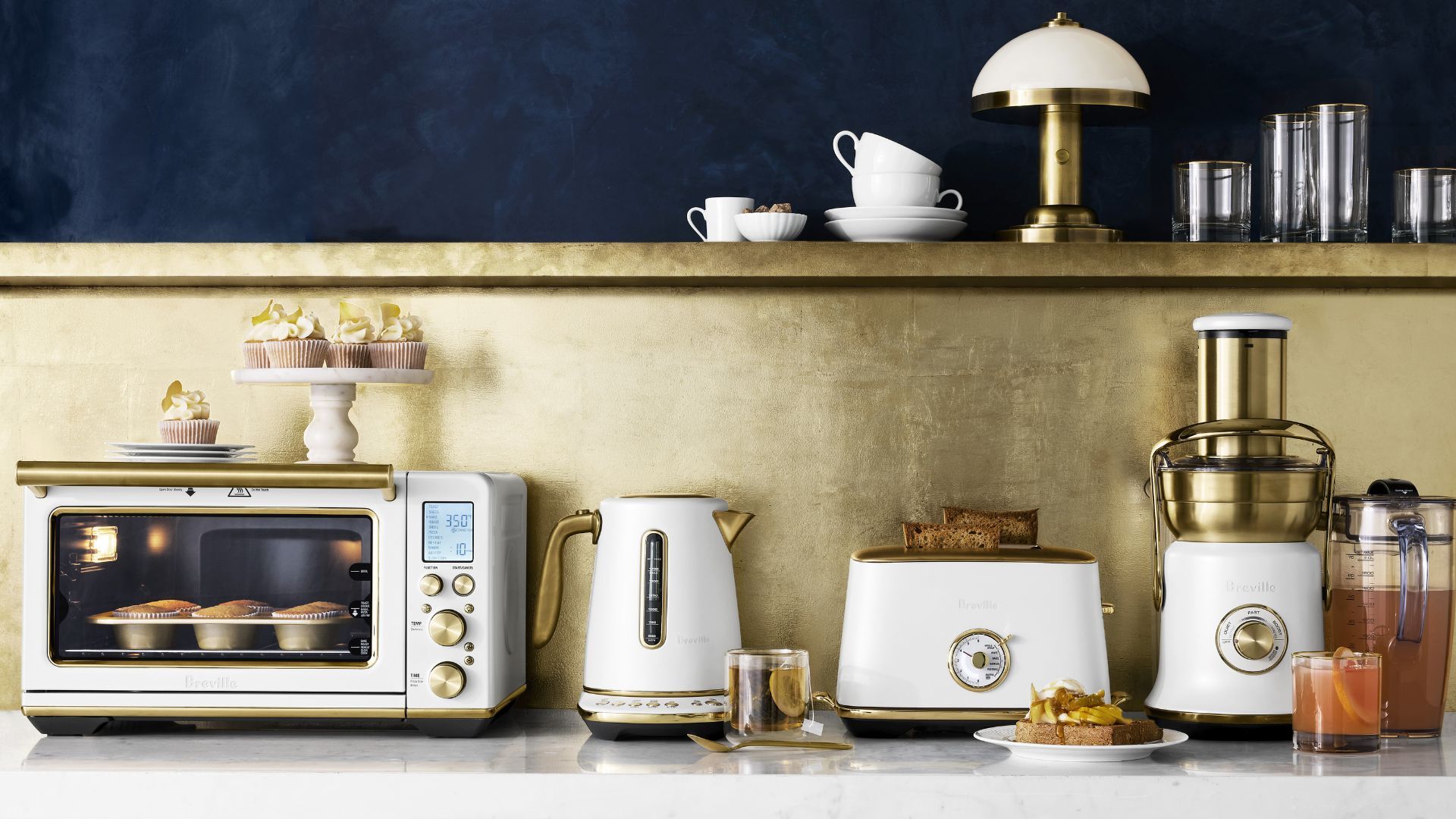Why I got a smart water leak detector — and you should, too
Scared of water damage? So was I, until I got these smart water leak detectors

This story is part of an ongoing DIY smart home series. Be sure to check out the latest installments to follow the renovation process from start to finish.
One of the more traumatic memories from my childhood is when my family and I returned from vacation, weary from a red eye flight, to a broken water pipe and flooded basement. Long after the shop vac pumped the murky liquid out and the garbage truck picked up our ruined belongings from the curb, the smell of mildew lingered.
It wasn’t until my parents sold the home and we moved that I stopped catching whiffs of that miserable odor. But our new digs had its own issues with moisture — a below-ground level with such humidity you’d think we’d moved to the Gulf instead of 90 miles east of New York City.
- DIY smart home: Why I chose the Echo Show over Google Nest Hub
- DIY smart home: Why I chose this smart thermostat under $100
One of the best dehumidifiers provided an immediate fix for the finished basement, which is where there are multiple bedrooms, a bathroom, a gym and small den. But in order to enjoy these rooms with breathable air, the dehumidifier needs to be monitored and controlled to accommodate the changing air of our home near the beach throughout the seasons.
When I mapped out how to create the ultimate DIY smart home, I asked myself how the day-to-day maintenance and existence in the space could be streamlined and simplified. We had too many separate light fixtures spread too far apart, for example. That’s why we took the time to install smart switches instead of smart lights, and outfitted a one-stop smart control panel by our front door.
So rather than run down to the basement every time we wanted to know whether to adjust the dehumidifier, or hold our breath until we hear someone ecstatically shout “no flood!” from the depths of that staircase when we return from a week away, we decided to set up one of the best water leak detectors.
If you’ve been following along with my smart home series the last six months, you might’ve read about my fancy, Alexa-controlled faucet from Moen’s line of smart plumbing products. The company also makes water management devices under a brand called Flo by Moen.
There are two routes we could’ve taken with Flo by Moen: First, a $499 smart water shutoff device that can stop water if it detects a major leak, as well as monitor your overall water usage. Or, a series of $49 smart water detectors that can’t control my home’s pipes but can warn me of a possible leak and read the indoor humidity levels.
Sign up to get the BEST of Tom's Guide direct to your inbox.
Get instant access to breaking news, the hottest reviews, great deals and helpful tips.
But which made more sense? The ability to turn off our water remotely sounded great to my dad, who manually shuts the water every time he knows the house will be empty for a few days. However, it would breach the DIY nature of our smart home, as it would require a plumber to install it on our home’s water line. We could set up the faucet ourselves, but messing with the main water line falls outside the comfort zone of our handyman skills. And, since I’m trying to save thousands, the cost of the shutoff device plus the installation help won’t come cheap.
Committed to sticking to DIY, we opted for the Flo by Moen Smart Water Detectors. These little leak detection pucks can be placed anywhere in the home, but are designed for locations where detected water could be problematic, like a laundry room or underground basement.
We placed two of these $49 devices on opposite sides of our basement. They can be mounted on the wall or left on the floor, but you just want them close enough to the ground so the remote sensing disc can pick up the early signs of a flood.
Each Smart Water Detector recognizes leaks and will emit an 85-decibel alarm when it senses water contact. In the Flo by Moen app, I set notifications for when water, excess moisture, high humidity or abnormal temperatures are detected. The pucks are also compatible with Alexa and Google Assistant, so I can ask if the readings are normal at any given time.
While water leak detectors aren’t the most attractive or flashy smart home devices, they’ve instilled a peace of mind we haven’t had about water disasters since the flood in our former home all these years ago. They’ve also made monitoring the basement's humidity not a hassle, just as it should be.
Be sure to check out my guides to the best smart home devices (and best cheap smart home devices) for more gadget recommendations. Email me at kate.kozuch@futurenet.com or leave a comment below with anything you’d like to see me cover in the connected space — I might just address it in a future installment.
Kate Kozuch is the managing editor of social and video at Tom’s Guide. She writes about smartwatches, TVs, audio devices, and some cooking appliances, too. Kate appears on Fox News to talk tech trends and runs the Tom's Guide TikTok account, which you should be following if you don't already. When she’s not filming tech videos, you can find her taking up a new sport, mastering the NYT Crossword or channeling her inner celebrity chef.

